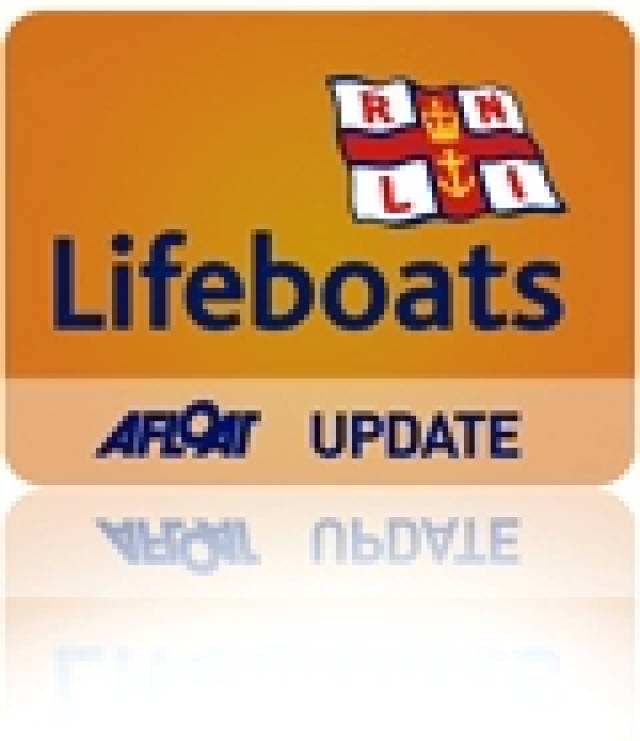#RNLI - Summer certainly hit Ireland's North Coast with a bang this week as temperatures topped 27 degrees, and the volunteer crew of Portrush RNLI experienced one of their busiest weeks.
On Monday 21 July, the all-weather lifeboat William Gordon Burr was launched to a motor cruiser at Lough Foyle that had run foul of a chain of lobster pots.
The crew deployed the Y boat off the lifeboat to try to free the ropes from the propeller. The mission was successfully accomplished and the cruiser sailed off to Greencastle to get checked out.
Next out was the inshore lifeboat David Roulston (Civil Service No 52), which had two callouts on Wednesday 23 July, the first around 11am to a small boat who got into difficulty at Dunluce Castle.
Luckily for the boat, a local fisherman arrived on scene at the same time as the lifeboat and towed the boat to Portballintrae.
The next callout was at 9pm, and again another local boat assisted with the small boat who had got into difficulty.
On Thursday morning at 5am, the crew of the all-weather lifeboat were paged once again. This time it was a callout to Ballycastle to assist with the search of a young person who was reported missing.
The coastguard helicopter was deployed and they soon located the young female who was successfully airlifted to hospital.
"So far this has been one of our busiest seasons as we have experienced an unprecedented good summer so our volunteer crew have been kept working," said Judy Nelson, volunteer lifeboat press officer for Portrush RNLI.
"We love to see people coming to Portrush to take advantage of everything the North Coast has to offer, but would ask people to exercise caution when on the beach.
"The RNLI Lifeguards are on patrol on all the beaches and are delighted to offer advice to visitors about safe bathing. The RNLI website will also give all the advice you need, whether it is about swimming, kayaking, surfing or boating."
































































